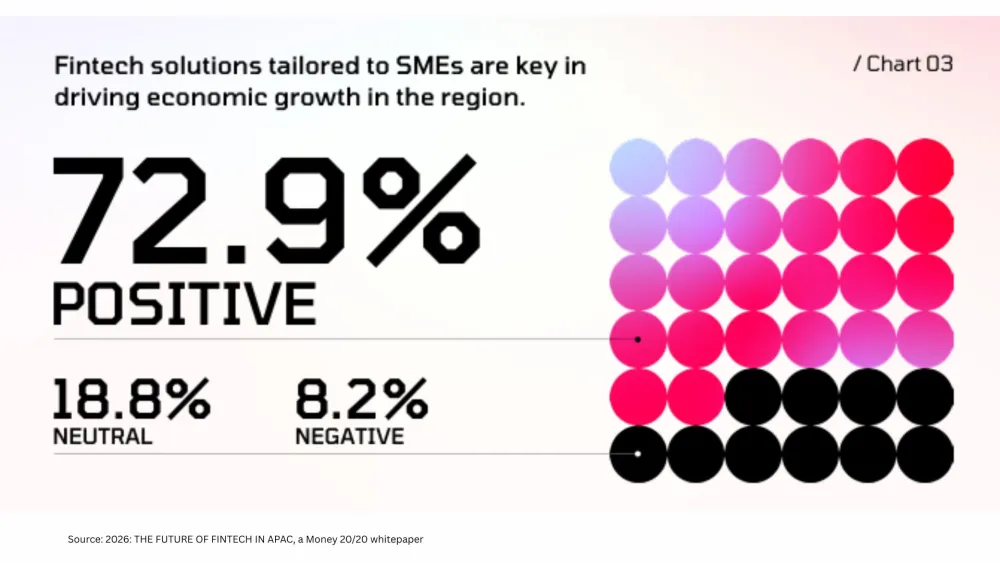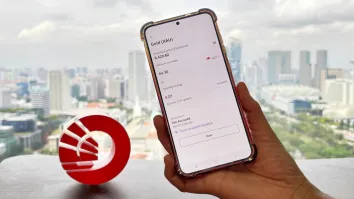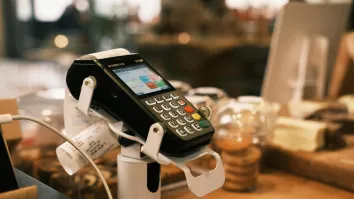
JuanHand drives embedded lending with e-commerce tie-ups
The lending app only requires an ID, a smartphone, and an internet connection.
Six years after its launch, fintech WeFund Lending Corp., which operates the JuanHand app, is now powering the lending services embedded in the Philippine operations of Lazada and TikTok Shop, two of the biggest e-commerce platforms in the country.
JuanHand powers Lazada FastCash, a lending service embedded in the platform for shoppers short on cash, and TikTok PayLater, TikTok Shop’s buy now, pay later service. The company claims to provide instant lending to Filipinos with a smartphone, “regardless of their credit history.”
The online lending platform now has two million active borrowers, whilst 16 million people have registered for the financial service. WeFund CEO Francisco “Coco” Mauricio said they process as many as 100,000 transactions daily, with 90% of users choosing to come back.
“We’ve barely scratched the surface,” he told Asian Banking & Finance in a Zoom interview. “We’re just at 5% of the size of this underserved market.”
JuanHand has lent more than $772m (P45b). A customer can borrow as much as P50,000 with a repayment plan of as long as nine months.
Unlike traditional banks, JuanHand only requires an ID, a smartphone, and an internet connection, Mauricio said. Loans can be processed in as fast as 45 seconds to “give credit history to the ones without credit history.”
“Before online fintechs became a thing, if you needed money and a bank rejected your loan, where would you go?” he asked. “To family, friends, or to loan sharks.”
Filipinos in need of cash often got victimized by predatory interest rates, he said. One popular informal lending practice is the “five-six,” where a borrower must pay back $20.84 (P1,200) for every $17.37 (P1,000) borrowed — a whopping 20% interest rate.
JuanHand claims that unlike loan sharks who charge 20% interest either weekly or every payday, the company adheres to the interest rate limit set by the Securities and Exchange Commission.
“That translates to a minimum of 40% to 80% interest per month,” Mauricio said of the interest charged by usurious lenders. JuanHand charges interest at 0.49% a day or 15% a month.
“Through technology, we’re able to give them the proper option, not just making them avoid predatory interest rates but also harassment,” Mauricio said.
Targeting the masses is embodied in JuanHand’s name, according to Mauricio — Juan from Juan Dela Cruz, often used to represent the "Filipino everyman" or an anonymous Filipino, similar to how John Doe is used in English, and hand for “helping hand.”
Mauricio said 30% of their borrowers use their loans for business, such as e-commerce and online selling.
Outside lending, JuanHand also operates a financial literacy app called Wealth Advice for Growth and Inclusion, which features information on basic budgeting and stock investing for the masses.



















 Advertise
Advertise












